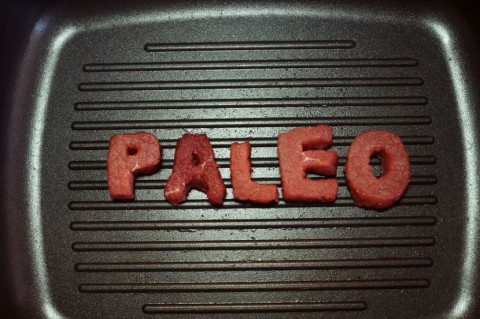DrCarney.com Blog
High Protein Diets Promote Illness
High protein diets such as the Atkins or Paleo diet may result in initial rapid weight loss, however, there are numerous adverse health consequences associated with these types of diets. So, while the weight may be decreasing other serious health risks are increasing. Is it worth the risk to lose weight in this way? In a nutshell: No!
Dr. John McDougall has written an exemplary article on high protein diets which starts out discussing "High-protein Diets: Trading Your Health for Temporary Weight Loss." The bottom line is to not allow yourself to be fooled into adopting these type of quick weight loss diets with harmful side effects.
Instead adobt a diet high in complex carbohydrates and low in fat in order to restore your metabolism. What I want people to avoid is the metabolic state of ketosis. This is basically weight loss through starvation. It can make you sick and, given enough time, seriously so.
For more information regarding high-protein diets, see:
(1) The Paleo Diet Is Uncivilized"
(2) Dr. McDougall Says Humans are Starchivores
(3) Dr. Michael Greger Reviews the Paleo Diet
(4) Are You "Dying" to Lose Weight?
John McDougall MD Links
Scroll Down Page to Leave Comments

Shared Successes and Struggles
We would love to hear your Success Stories or your Personal Struggles in our rapidly growing Whole-food Plant-based No-oil Online Community at https://www.DrCarney.com/community.
Preview the "Ask the Doc!" Trailer
Your Questions Answered: In Dr. Carney's Starch-Smart® System seminars, written questions from participants are collected beforehand, protecting their privacy. In this informative video presentation, Dr. Carney shares the answer to many of those frequently asked questions - with complex scientific evidence made easy to understand. Learn the answers to what you've always wanted to ask, and so much more!
When you subscribe to the blog, we will send you an e-mail when there are new updates on the site so you wouldn't miss them.




